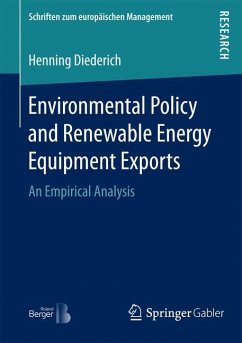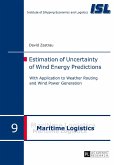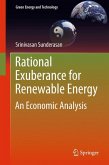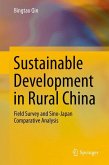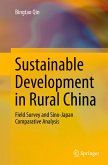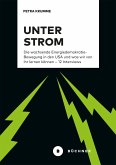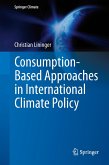This thesis investigates the connection betweenenvironmental regulation, technological innovation, and export competitivenessin renewable energy equipment based on a large sample of 225 developed anddeveloping countries from 1990 to 2012. The empirical analysis yields strongsupporting evidence for the narrowly strong Porter Hypothesis as well as forthe lead market theory. The results suggest that environmental regulationdrives innovation and export volumes in solar- and wind-power-related goods.This is particularly the case for well-crafted (i.e. market-based,output-oriented, and clear) instruments such as carbon trading regimes.Moreover, the data show that early adopters of renewable energy supportpolicies benefit most.
Bitte wählen Sie Ihr Anliegen aus.
Rechnungen
Retourenschein anfordern
Bestellstatus
Storno

